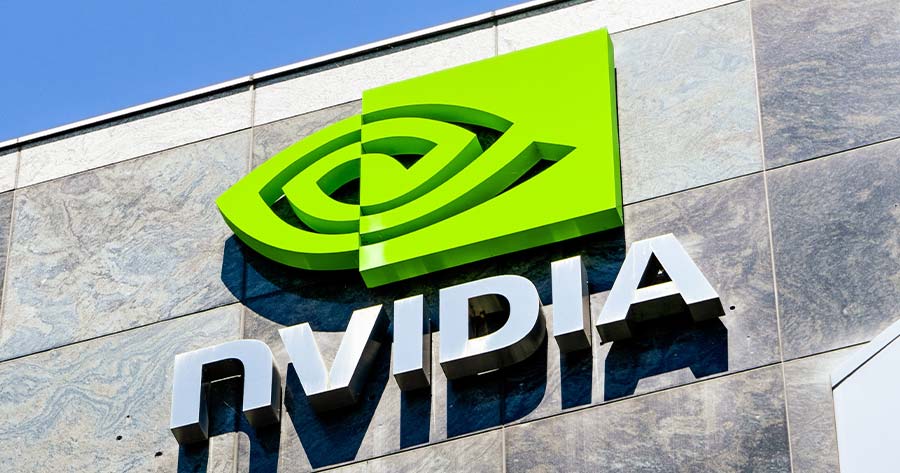China has raised the pressure on U.S. chipmaker Nvidia, summoning the company for discussions about the security profile of its H20 artificial intelligence chip.
The move casts fresh uncertainty over Nvidia’s prospects in China, coming just weeks after Washington lifted a ban on sales of its AI hardware to the mainland.
The Cyberspace Administration of China (CAC) says its main concern is that a recent U.S. proposal could require advanced semiconductors shipped abroad to include tracking and positioning features. The regulator is seeking clarification from Nvidia on whether the H20 chip harbors “backdoor” vulnerabilities that could threaten data privacy and the rights of Chinese users.
Nvidia has become an emblem of technology rivalry between the world’s two largest economies. Earlier this month, the U.S. granted a partial reprieve, allowing Nvidia to resume shipments of the H20 after an earlier export prohibition.
In May, U.S. Senator Tom Cotton introduced legislation that would require U.S. Commerce Department oversight for AI chips, mandating location verification mechanisms to restrict Chinese access to advanced American hardware.
Despite China’s increasing confidence in its own semiconductor capabilities, Nvidia’s chips remain highly sought after by Chinese technology companies, research institutes, and the military. Demand appears resilient; Nvidia recently placed a substantial order with TSMC for 300,000 H20 chipsets to meet Chinese demand, according to sources cited by Reuters.
Industry analysts say Beijing’s inquiry could be largely symbolic—a response to similar security concerns Western policymakers have voiced about Chinese products. Charlie Chai, analyst at 86Research, said that he does not believe that Beijing will impose draconian hurdles or shut Nvidia out—China still needs Nvidia chips for now.
However, market access for U.S. tech companies in China remains volatile. Heavily publicized investigations—such as those into U.S. chipmakers Micron Technology and Intel—have at times led to purchasing bans or market restrictions, often with little prior notice or public reasoning from regulators.
Nvidia is already under a separate antitrust probe in China. Authorities are examining whether the company violated anti-monopoly rules or commitments made during its 2020 acquisition of Mellanox Technologies.





